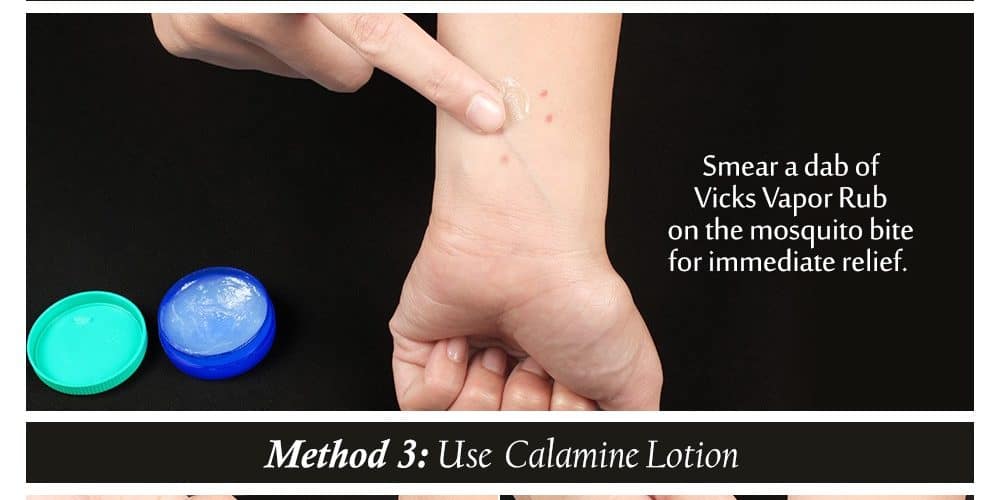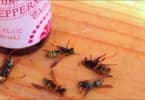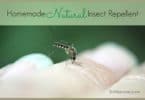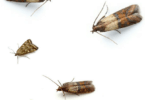As the spring and summer months approach, the amount of time spent outdoors increases. Spending more time outside makes a person susceptible to mosquito bites. A bump from the bite of a female mosquito can form immediately or take up to two days to appear. While sucking your blood, the mosquito deposits their saliva into the skin. If spending time outdoors is unavoidable, there are precautions that can be taken to help get rid of mosquitoes and their bites.
When spending time outside, try to avoid swamps, marshy areas and thick woods which are known to be a higher-risk area for mosquitoes. Remove items surrounding the home that contain standing water such as flower pots, buckets and bird baths. Standing water is a known breeding ground for mosquitoes. Empty the containers regularly to keep mosquitoes at bay. Tall-grassy areas attract mosquitoes. Keep lawns and fields manicured and have brush cleared. Wear socks and light colored clothes that have long-sleeves when outdoors. Dark colored clothes attract mosquitoes. Spray clothes with a mosquito repellent. Wear hats with brims and baseball caps to protect the head from mosquitoes. If possible, avoid outdoor activities from dawn to dusk. This is the time when mosquitoes are at their peak.
If a mosquito bites the skin, an itchy welt will form on the bitten area, followed by pain and swelling. When this happens there will be discomfort, but the symptoms will eventually go away after a few days. If a person experiences difficulty breathing, sweating, heart palpitations, seek medical attention immediately. A physician can prescribe an EpiPen or an oral medication for the allergic reaction. While waiting for medical care, check to see if anyone has an EpiPen available.
Place an ice pack on the mosquito bite to numb the area, relief the itching and swelling. If ice isn’t available, place a cold can of soda on the mosquito bite. Taking a cold shower will also relieve the pain and itching caused from the bite. Try to avoid scratching the mosquito bite. Scratching can prolong the bite and cause skin damage that will allow bacteria to infect the open wound.
Wash and clean the bite with an anti-bacterial soap. Rub calamine lotion directly on the bite to relieve the itching and swelling. Antihistamine creams applied directly on the bite will also help relieve the symptoms. Another option is Ibuprofen, which is an oral painkiller that can be taken to relief the pain and swelling caused by the bite.
There are homemade remedies known to relief the symptoms of a mosquito bite. Make a paste made with two parts baking soda to one part water. Mix until it forms a paste. Rub this paste directly on the bite. As the paste hardens, it will reduce the welts and itching caused by the mosquito bite. This remedy is particularly helpful used on children. Pure vanilla is known to repel mosquitoes. Most find vanilla to be a pleasant scent, but mosquitoes find the scent offensive. Place pure vanilla on the pulse points of the body. This will help keep the mosquitoes away. Rubbing and placing a banana peel on the bite for approximately 20 minutes can help get rid of the symptoms caused from the mosquito bite.
If a mosquito bite has left a scar, there are ways to fade it. Applying aloe vera cream will slowly fade the scar. Cocoa butter rubbed on the bite is another choice. This will slowly fade and approve the appearance of the scar. There are also over-the-counter fade creams that can effectively reduce the redness of the mosquito bite scar. A Great source of information about mosquitoes can be found at Mayoclinic.
<>






